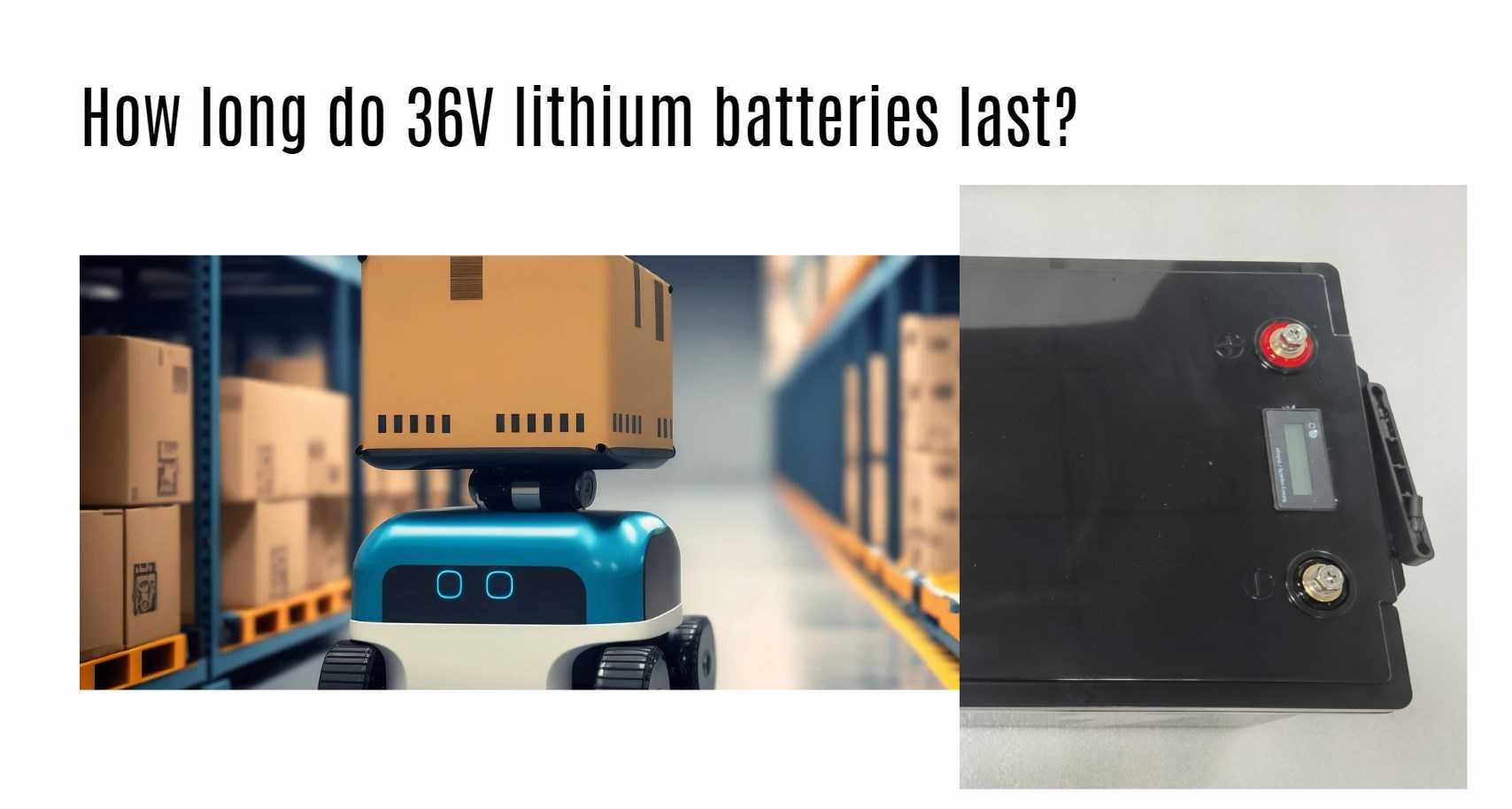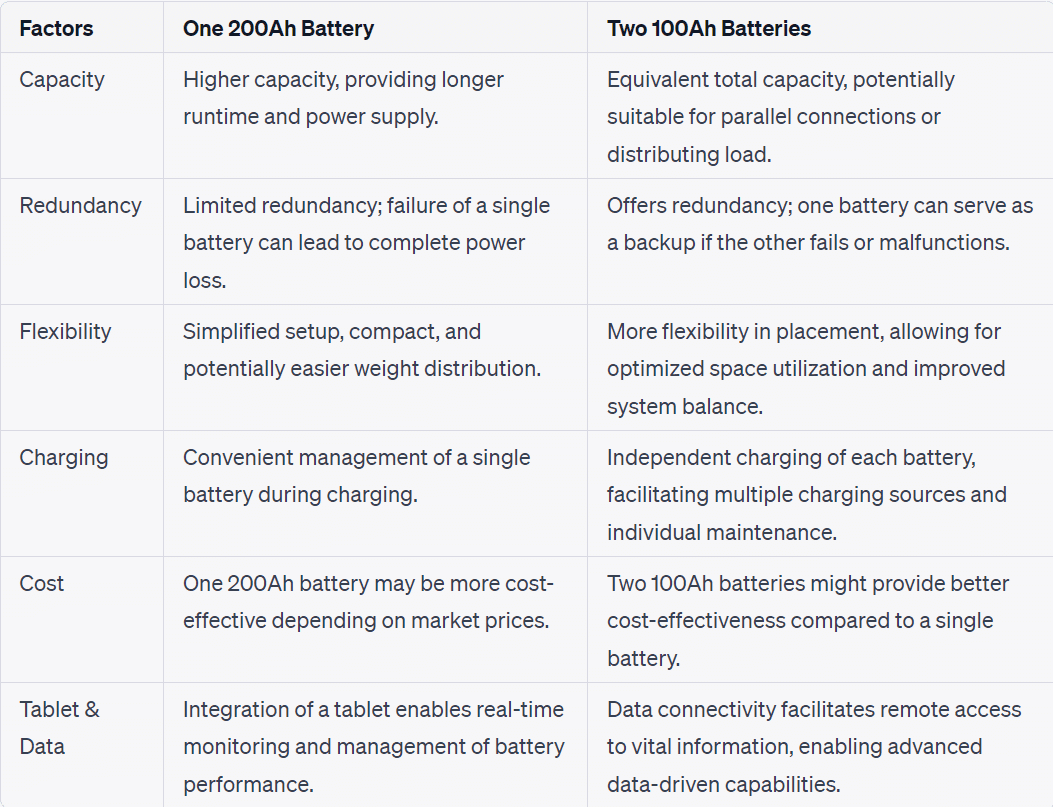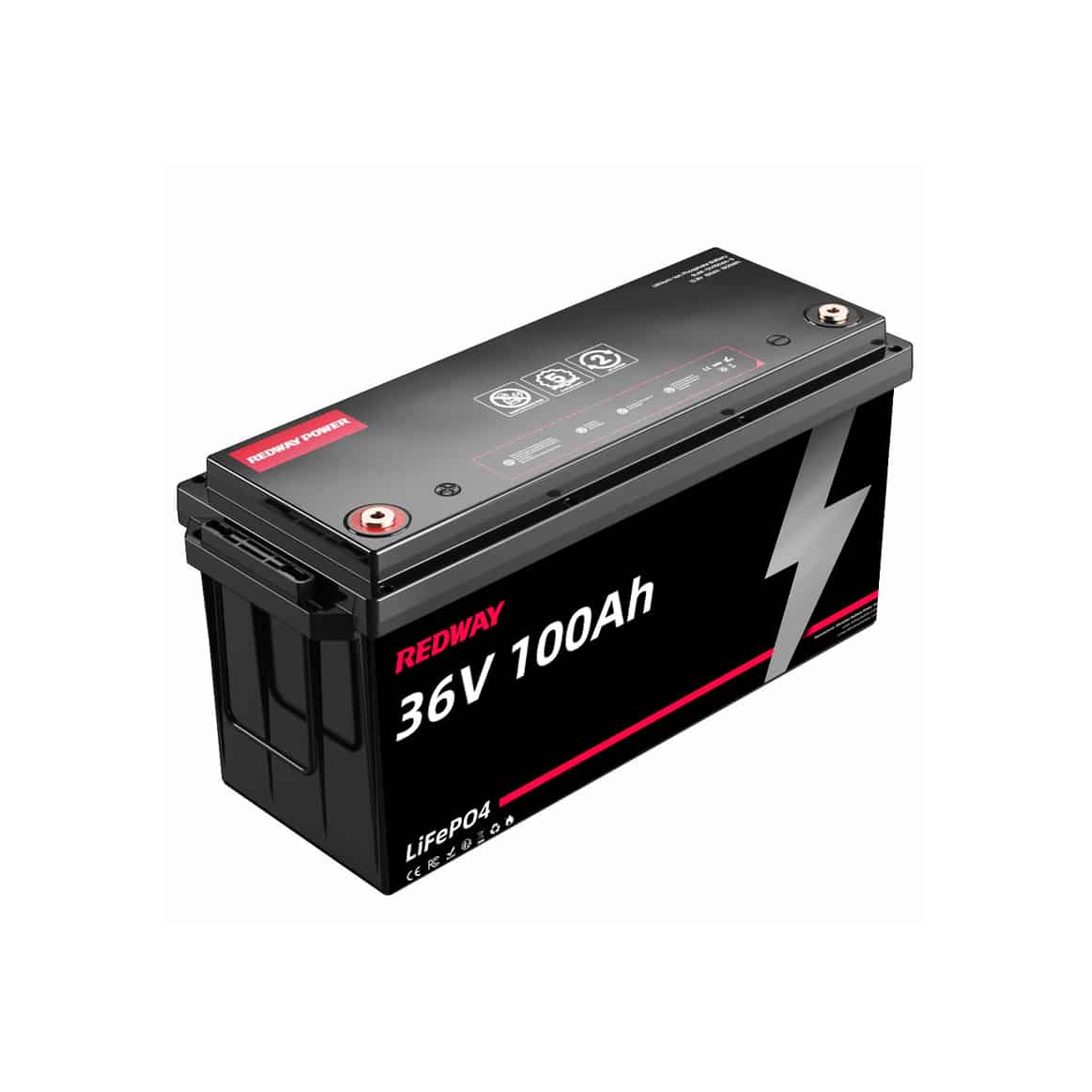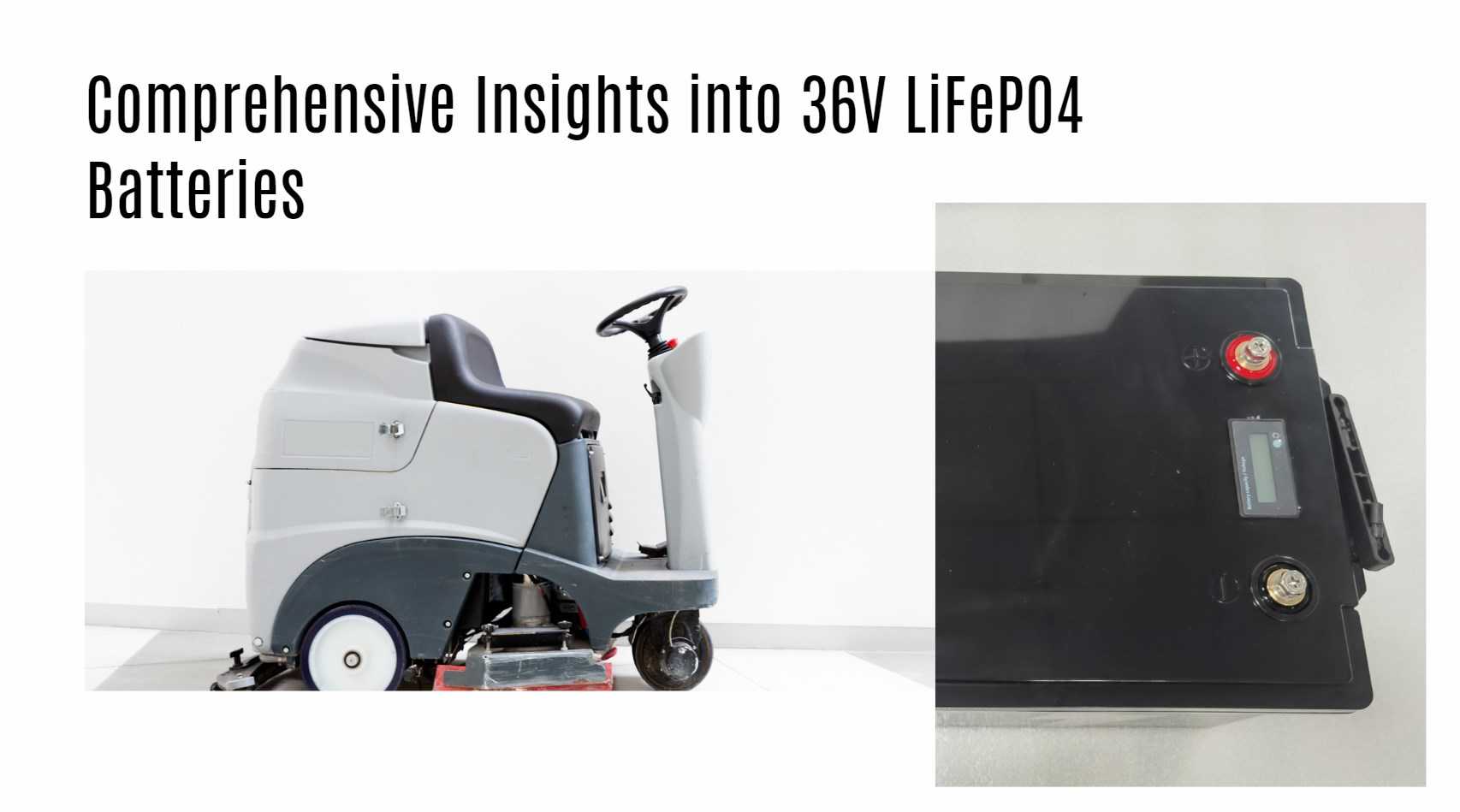The world is constantly evolving with new technological innovations, and the energy storage industry is not left out. Lithium iron phosphate (LiFePO4) batteries are among the newest developments in energy storage, and they are quickly becoming the preferred choice for many applications. Among the various LiFePO4 batteries, the 36V series LiFePO4 battery is gaining increasing popularity due to its unique features, durability, and performance. In this article, we will delve into the details of the 36V series LiFePO4 battery, exploring its composition, applications, advantages, and limitations.
Composition of the 36V Series LiFePO4 Battery
-
Anode Materials: The 36V LiFePO4 battery is composed of anode materials such as LFP (Lithium Iron Phosphate) or NCM (Nickel Cobalt Manganese).
-
Customizable Specifications: This battery offers customization options for size, weight, and capacity to meet specific requirements.
-
High Performance: With a nominal voltage of 36V and a cycle life of 2000 to 3000 times, the 36V LiFePO4 battery provides high capacity and reliable performance.
Applications of the 36V Series LiFePO4 Battery
-
Electric Bikes: 36V LiFePO4 batteries provide the necessary power for electric bikes, offering high voltage and capacity for longer riding distances.
-
Power Tools: These batteries are suitable for power tools, enabling longer operating times and improved performance with their high voltage and capacity.
-
Solar Energy Storage: 36V LiFePO4 batteries can be used in solar energy storage systems, storing energy generated from solar panels for later use.
-
Electric Vehicles and Industrial Equipment: These batteries find applications in electric vehicles and various industrial equipment, providing reliable power for propulsion and operation.
Advantages of the 36V Series LiFePO4 Battery
-
Higher Voltage and Power Density: 36V LiFePO4 batteries provide higher voltage and power density compared to traditional lead-acid equivalents. This allows for more power and longer run times in energy-intensive applications.
-
Longer Lifespan: These batteries have a longer lifespan, with the ability to withstand a higher number of charge and discharge cycles. This results in extended battery life and reduced replacement frequency.
-
Customized Solutions: Manufacturers offer bespoke battery solutions, catering to unique voltage requirements and specific form factors. This customization ensures that the battery meets the specific needs of various applications.
-
Enhanced Safety Features: Integrated battery management systems (BMS) ensure the long life and safety of LiFePO4 batteries. These systems protect against overcharging, over-discharging, and other potential risks, ensuring safe and reliable operation.
How long do 36V lithium batteries last?
-
Types of Lithium Batteries: The choice of battery type, such as LiFePO4 or LiPo, significantly impacts the lifespan of 36V lithium batteries. LiFePO4 batteries are known for their durability and can last up to 7 years with proper care, while LiPo batteries have a shorter lifespan of around 5 years.
-
Battery Capacity: The capacity of the battery, measured in ampere-hours (Ah), plays a crucial role in determining its lifespan. Higher capacity batteries tend to last longer, providing extended runtime before requiring recharge.
-
Usage and Maintenance: The frequency and duration of battery usage, as well as maintenance practices, influence the overall lifespan. Using the battery for shorter periods and promptly recharging it can contribute to a longer lifespan. Regular maintenance, such as cleaning the battery and avoiding overcharging, is essential for maximizing its longevity.

How long will 36V 10Ah battery last for an e-bike?
-
Factors Affecting Duration: The duration of a 36V 10Ah battery for an e-bike depends on various factors, including the power consumption of the e-bike’s motor, the terrain on which it is ridden, the weight of the rider, and the riding style.
-
Calculation for Range: To estimate the approximate range, a simple calculation can be used. By multiplying the voltage (36V) by the capacity (10Ah), we get the energy in watt-hours. Dividing the energy by the average power consumption (20 watts per mile) provides an estimate of the range in miles. For example, a 36V 10Ah battery may last approximately 18 miles.
How long will a 100Ah lithium battery run a fridge?
-
Real-Life Test Results: In a practical test, a 12V 100Ah lithium battery (LiFePO4) was able to power a 12V fridge for approximately 35 hours, even when it was only 30% charged. This indicates that a fully charged 12V 100Ah lithium battery has the potential to run a 12V fridge for around 100 hours (4 days).
-
Factors Affecting Runtime: The actual runtime of a 100Ah lithium battery powering a fridge can vary based on several factors. These include the outside temperature, size of the fridge, quantity of food stored, voltage of the battery, and type of battery (lithium or lead-acid). It’s important to consider these factors when estimating the duration of your fridge operation.
Is it better to have one 200Ah battery or two 100Ah batteries?
-
Pros and Cons of a Single 200Ah Battery: Opting for a single 200Ah battery offers simplicity and higher energy density, making it suitable for limited space. However, it lacks backup power and may not be sufficient for heavy usage.
-
Pros and Cons of Two 100Ah Batteries: Choosing two 100Ah batteries provides redundancy and flexibility. If one battery fails, you have a backup. They can also be placed in different locations for added versatility. However, managing and maintaining two batteries can be more challenging and may require additional upfront costs.
-
Factors to Consider: Your decision should take into account various factors such as space availability, budget, maintenance requirements, and how long you need power. Assessing these aspects will help you determine which option suits your needs best.

By considering these factors and integrating a tablet for monitoring and data connectivity, you can create a more sophisticated and enriched power management system, allowing for efficient control, enhanced user experience, and informed decision-making.
Conclusion
Overall, 36V LiFePO4 batteries are a versatile and reliable power source that can be used in a wide range of applications. With their safety features, longer lifespan, efficient power delivery, high energy density, and environmentally friendly composition, LiFePO4 batteries are a great choice for anyone looking for a high-quality battery that can deliver reliable power for years to come. If you’re in the market for a new battery for your electric vehicle or other application, consider a 36V LiFePO4 battery – you won’t be disappointed. Redway Battery is the High Quality 36V LiFePO4 Battery Factory in China.





